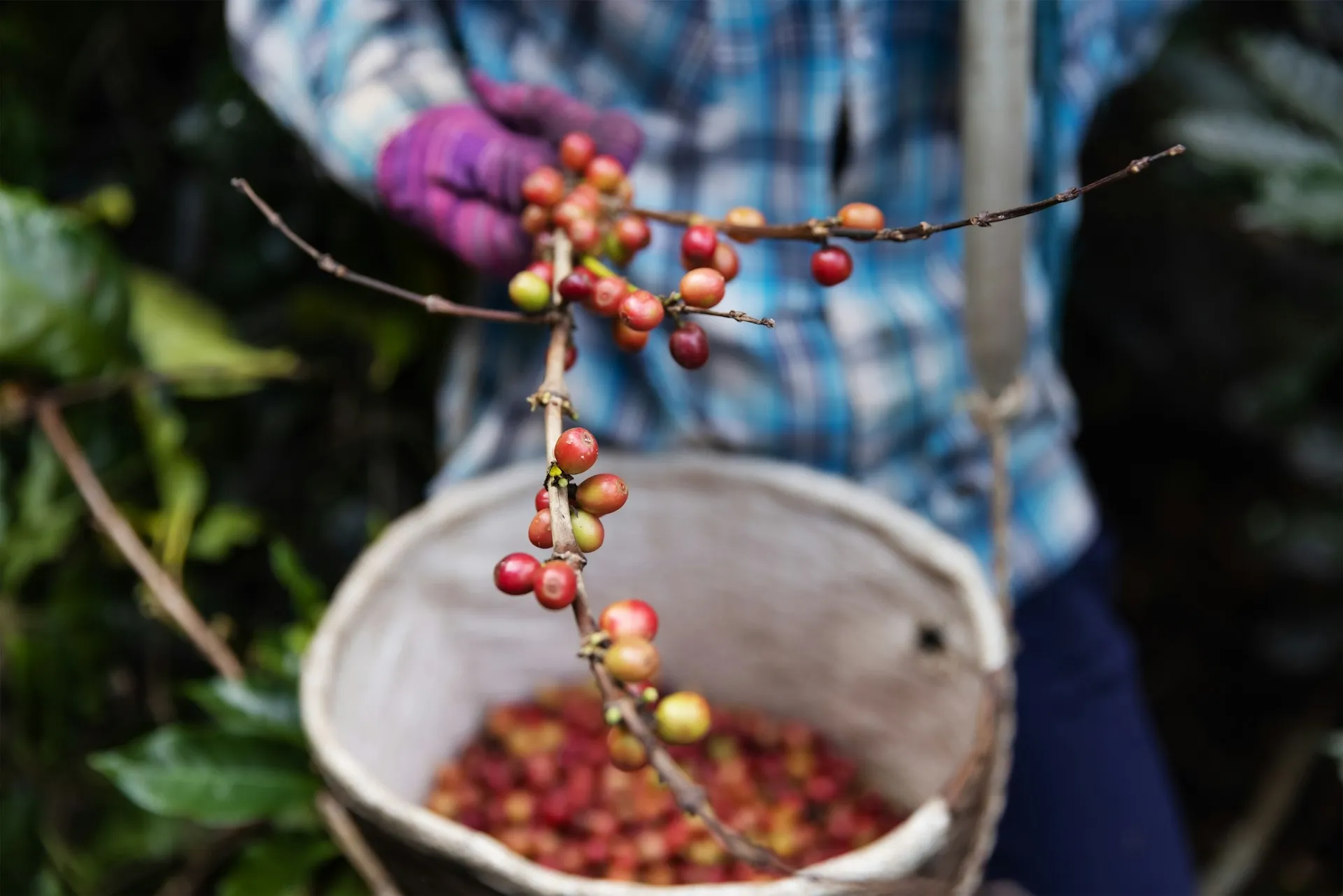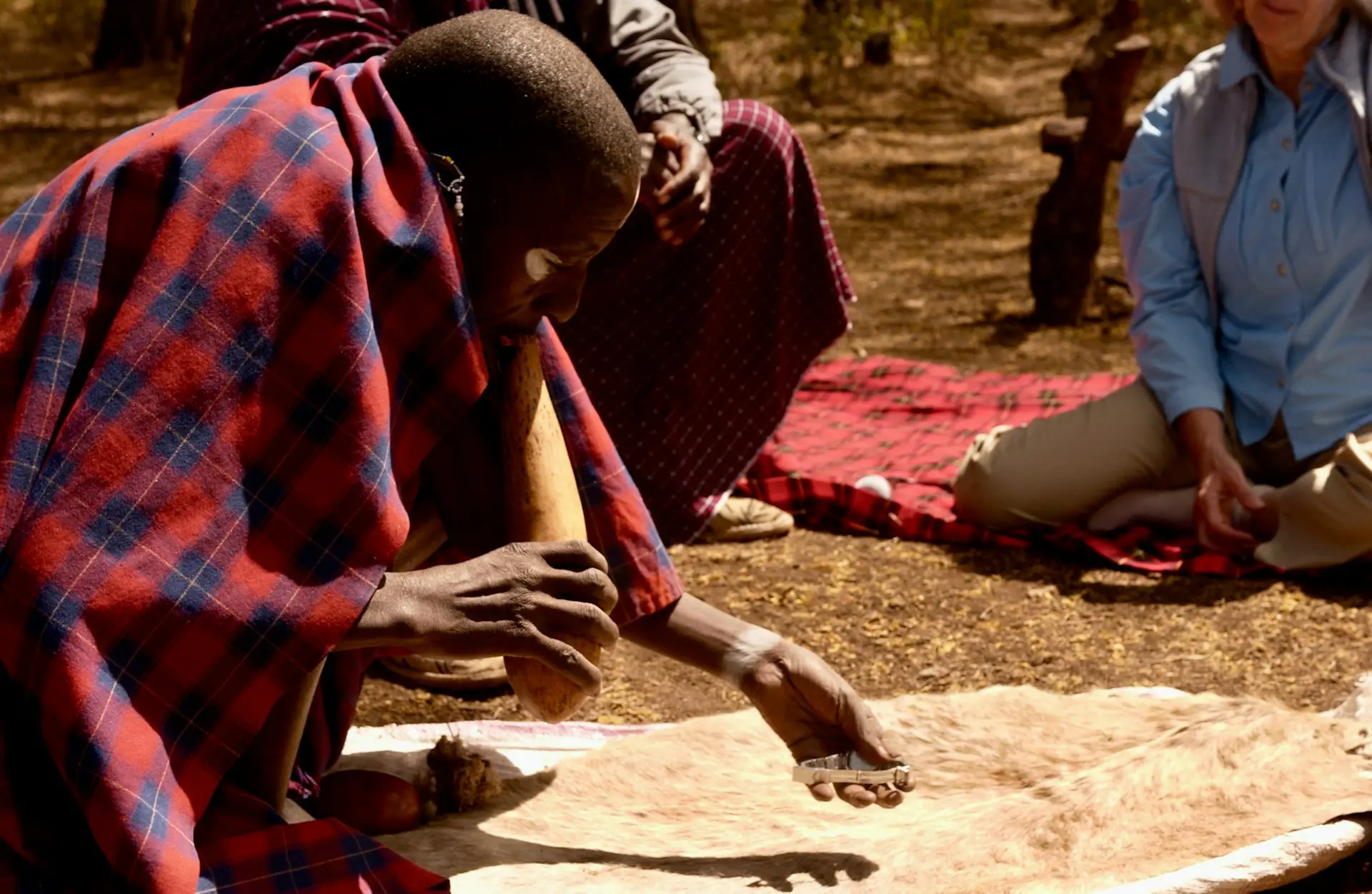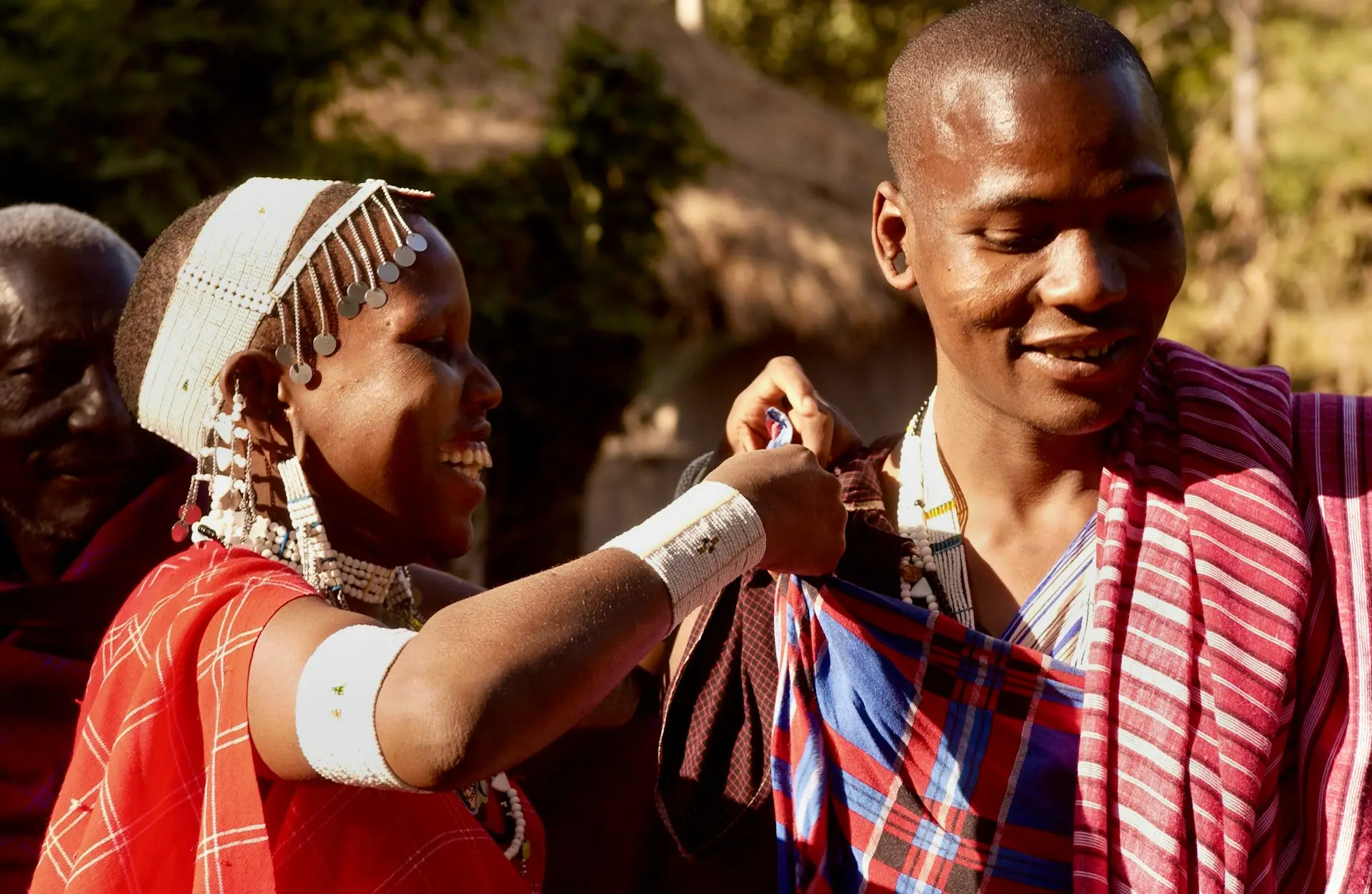A “Tanzania Cultural Safari” is an adventure in Tanzania that focuses on exploring and experiencing the diverse cultures, traditions, and heritage of the country. It typically involves visits to local communities, interactions with indigenous tribes, participation in cultural activities and ceremonies, and learning about the history and customs of Tanzania’s various ethnic groups. This type of safari offers travelers an opportunity to gain insight into the rich cultural tapestry of Tanzania while also enjoying the natural beauty of the country’s landscapes and wildlife.
Importance of Cultural Safaris in Tanzania
Tanzania isn’t just about beautiful scenery and animals; its culture is also really interesting. Cultural safaris help keep this culture alive and let people from different backgrounds understand and enjoy it. When tourists connect with local communities, they help make sure Tanzania’s cultural tourism grows in a good way. And at the same time, they get to learn a lot about the different groups of people who live there.
Cultural Diversity in Tanzania
Tanzania has more than 120 different groups of people, and each group has its own language, customs, and traditions. From the Maasai and Chaga in the north to the Makonde and Yao in the south, Tanzania’s culture is really varied and interesting. Getting to know these different communities gives you a peek into Tanzania’s rich mix of identities, which have been influenced by lots of things like people moving around, trading, and sharing cultures for hundreds of years.
Exploring Tribal Villages
Explore the heart of Tanzania and experience the traditional lifestyle of tribal villages. Interact with the locals, participate in their traditional ceremonies, and gain a deep understanding of their way of life. The Sukuma village, for instance, provides an authentic glimpse into the agricultural practices and rituals that have sustained this community for generations.
Languages Spoken
Swahili is considered the official language of Tanzania, but it’s much more than that. It is a language that has the power to bring people together. When you learn even just a few basic Swahili phrases, it can make a significant impact on the locals you encounter. This simple gesture of making an effort to speak their language shows that you respect and appreciate their culture.
As a result, you open the door to more meaningful connections and a deeper understanding of the people and their way of life. You can learn a lot about their customs, traditions, and values by taking the time to learn their language, and this can lead to a richer cultural experience that you will cherish forever.
Traditional Customs and Practices
From elaborate coming-of-age ceremonies to spirited harvest festivals, Tanzania’s traditional customs and practices reflect the profound connection between its people and the land. Whether witnessing a traditional wedding ceremony or participating in a tribal initiation rite, cultural safaris offer an immersive journey into the heart of Tanzanian culture, where ancient traditions continue to thrive in the modern world.
Music and Dance: Rhythms of Celebration
The East African country of Tanzania boasts a rich cultural heritage that is on full display through its music and dance. The country’s diverse population has contributed to a vibrant and eclectic mix of rhythms and movements that are sure to captivate any audience.
Take, for instance, the Taarab music of Zanzibar, which is characterized by its hypnotic beats and traditional Arabic melodies. This genre has been popular in the region for over a century and is often played at weddings and other celebrations.
On the other hand, the Makonde people of southern Tanzania are known for their energetic dances that involve intricate footwork and acrobatic movements. These dances often tell stories and are a way of passing down cultural traditions from one generation to the next. Whether you prefer the soulful melodies of Taarab or the high-energy movements of the Makonde, Tanzania’s music and dance scene is a testament to the country’s rich cultural diversity.
The Chaga: Guardians of the Kilimanjaro
Nestled near the big Mount Kilimanjaro, there’s a group of people called the Chaga tribe. They have a really cool culture that’s tied to the mountain. The Chaga tribe has been living there for a long time, keeping their special way of life alive. When you go visit them, you’ll see lots of bright colors, hear great music, and taste delicious food. Plus, you’ll get to enjoy the amazing view of Mount Kilimanjaro. Whether you love nature, and history, or just want to experience a different culture, visiting the Chaga tribe will be something you’ll always remember.

Coffee Culture: From Bean to Brew
Engage in the time-honored tradition of coffee-making with the Chaga people. Learn about the entire process, from cultivating the coffee beans to brewing the perfect cup. It’s a sensory journey that will deepen your appreciation for this globally beloved beverage.
Ancient Traditions and Modern Conservation
The Chaga tribe have gained a reputation for their unique and harmonious relationship with the natural environment. Their sustainable practices and conservation efforts have helped to preserve the biodiversity of the region for generations. By gaining insights into their way of life, we can learn valuable lessons about how to coexist with nature and protect the planet for future generations. So, if you’re interested in discovering more about the Chaga tribe and their sustainable practices, there’s no better time to start exploring this fascinating culture.
Cultural Interaction Opportunities

Homestays with Local Tribes
Get a real taste of Tanzanian hospitality by staying with a local family in a village. You’ll live their everyday life and join in their cultural activities. Eat meals together, discover how they cook traditional food, and join in on things like farming, weaving, and telling stories. By spending time with the people in the community, you’ll learn a lot about how they live and maybe even make some lifelong friends.
Cultural Workshops and Demonstrations
Take part in cultural workshops and demonstrations led by local experts and artists. Learn how to play traditional drums, dance tribal dances, and make your own souvenirs with the help of skilled craftsmen. These hands-on experiences help you understand Tanzanian culture better and encourage respect for different cultures.
Participating in Traditional Ceremonies
See traditional ceremonies like weddings and rites of passage up close, and learn about their meanings and importance. Whether you’re at a Maasai wedding or a harvest festival, being part of these events shows you what Tanzanian culture is all about. When travelers respect and keep these traditions alive, they help protect Tanzania’s culture for the future.
The Maasai Tribe
The Maasai people, a semi-nomadic tribe known for their unique style of dressing, have been living in Tanzania for centuries. Their traditional way of life revolves around raising livestock and preserving their cultural heritage. They are renowned for their distinctive red shuka (cloth) wrapped around their bodies, intricate beadwork, and jewelry, which reflect their rich cultural identity. Despite facing various challenges in modern times, the Maasai people have remained steadfast in their efforts to maintain their ancestral customs and traditions.

Engaging with the Maasai Warriors
Get to know the Maasai people better by spending time with their warriors. Learn about their old traditions and special ceremonies that mark important moments in their lives. You can also find out about their warrior training, like how they build up strength, hunt, and fight. And check out their colorful clothes called “shuka” and what they mean to them. This experience will teach you a lot about Maasai culture and tradition.
Maasai Beadwork: Art with Meaning
Take a captivating trip into the world of Maasai beadwork, a craft passed down for generations. Learn about the meaning behind each color and design, and how Maasai artists use beadwork to show their heritage and who they are. Talk to skilled Maasai beadworkers to understand how they make these beautiful pieces, what materials they use, and the stories that inspire them. Whether you’re new to collecting or have some experience, exploring Maasai beadwork is a special journey that will make you see human creativity in a whole new light.
Traditional Cuisine of Tanzania
Tanzanian cuisine offers a delicious blend of flavors influenced by the country’s diverse cultures and abundant natural resources. Staple foods like ugali (a maize porridge) and rice accompany many meals, often paired with a variety of meats such as beef, chicken, or fish.
Tanzanian dishes are known for their rich and aromatic spices, with favorites including pilau (spiced rice), nyama choma (grilled meat), and samaki wa kupaka (fish in coconut sauce). Vegetarians can enjoy tasty options like mchicha (spinach stew) or maharage ya nazi (coconut beans). Street food is a vibrant part of Tanzanian culinary culture, offering delights like mishkaki (grilled skewered meat), vitumbua (rice cakes), and mandazi (fried dough). With its diverse range of flavors and ingredients, Tanzanian cuisine is a true reflection of the country’s cultural richness and culinary heritage.
Cultural Safari vs. Wildlife Safari
Contrasting Experiences
Both cultural safaris and wildlife safaris in Tanzania offer amazing experiences, but they appeal to different tastes. Cultural safaris let you dive into the traditions, customs, and everyday life of Tanzanian communities. They’re all about cultural exchange and meaningful connections with the locals. On the flip side, wildlife safaris are all about spotting and capturing photos of Tanzania’s famous animals like lions, elephants, and giraffes in their natural environments.
Similarities and Differences in Planning
Planning a cultural safari versus a wildlife safari requires different considerations in terms of itinerary, accommodations, and activities. Cultural safaris may involve homestays, cultural workshops, and visits to historical sites, while wildlife safaris typically include game drives, bush walks, and visits to national parks and reserves. Depending on your interests and preferences, you can choose to focus on one type of safari or combine elements of both for a comprehensive Tanzanian adventure.
Top Cultural Attractions in Tanzania
- Zanzibar Stone Town
- Serengeti National Park
- Ngorongoro Conservation Area
Conclusion
To sum up, cultural safaris in Tanzania let you dive into a world of diverse traditions, customs, and festivities that make this East African country special. Whether you’re exploring the lively markets of Zanzibar or visiting remote Maasai villages in the Serengeti, you’ll get to experience the colorful tapestry of Tanzanian culture and make meaningful connections with local people. By being responsible tourists and engaging in cultural exchange, travelers can help Tanzania’s cultural tourism grow in a sustainable way while enjoying the beauty of its diverse heritage up close.
